February is the month of all things Valentine. Lacy cards, red hearts, avowals of undying love or, at least, momentary lust. A celebration of romance—tender, jubilant, exciting.
But there’s so much more to love than is dreamt of in the philosophy of a Hallmark copywriter. No less than the air we breathe or the food we eat, love in all its forms—partners, friends, family, community—turns out to be key to our survival. The emotional equivalent of a vaccine booster, we cannot live well or long without it. And every day brings us proof of this truth: What the world needs now is love, sweet love. (David/Bacharach)
Going Out of Our Minds
I can’t count the times in the past two years that Ed and I wondered aloud how people living alone have managed the isolation COVID has necessitated. Cut off from the usual public gathering spots—restaurants, movie theaters, sporting events, concerts, bars, shopping malls—people who live solo faced weeks, months, a whole year before the vaccine re-opened public spaces, and then on a limited scale. With the rise of the Omicron variant, social distancing and mask mandates indoors continue to matter. They also continue to discourage the kind of friendly chatter that naturally arose in such places pre-pandemic, chatter that made people who live alone feel part of a larger community. One of the gang.
And this long-term isolation is having a disturbing impact on our mental health. Up until the pandemic hit, the number of adult Americans who reported experiencing anxiety or depressive disorders clocked in regularly at around one in ten. That’s not a statistic to be sloughed off—as I wrote in October, the trend toward social isolation has been rising for some time—but COVID catapulted the numbers. Four in ten adults reported such disorders in 2020. That’s a four-fold increase, close to half the country. And statistics show that the damage to our mental health generated by a disaster far outlasts the disaster itself. Especially for isolated folks.
“What’s love got to do with it?” as Tina Turner sang. Well, everything. When people are isolated, deprived of the emotional interaction and support that love provides, they grow numb to their own feelings. Despair sets in. There’s only so many hours you can stream Netflix before the truth of the situation knocks you flat: You’re on your own. Alone.
Desperately Needed: The Great Healer
The pandemic has not only messed with our heads, it’s led to breakdowns in our physical health. We’re not sleeping too well. We’re stuffing our faces with food that doesn’t appear on the USDA’s Dietary Guidelines for Americans. As Supermarket News gleefully reported in 2020: Snacks fit the bill as shippers turn to comfort foods. Alcohol and drug use are also up—way up. Suicides, too.
In the chain of cause and effect, our mental distress can reduce immune function, worsen chronic conditions such as asthma, kidney disease, and diabetes, increase heart disease and decrease cognitive function. It’s the mind-body connection, and nowhere is this more prevalent than in people suffering the loneliness of isolation. The American Journal of Epidemiology put it bluntly: Social isolation puts people at greater risk of premature mortality.
Sharing the load with a loved one in a crisis does more than halve our troubles and double our joys, as the old saying goes. It may literally boost our immune system, lower our blood pressure, and hasten healing. As one of Ed’s doctors told us after his liver transplant: “Every physician knows love is the greatest healer of all.”
Where Did Our Love Go? Families on the Rocks
What do you think of when you hear the word “family”? Nurturing? Supportive? Loving? That’s one kind—the happy families whom Tolstoy said are all alike. But there are other families, increasingly greater numbers of them, who struggle to meet the challenges posed by the 21st century: an ever-widening wealth gap, a high-pressure pace of life that includes 60 to 70-hour work weeks (with few boundaries between private and work life)—and a corresponding opioid crisis of pandemic proportions, no pun intended (opioid-related deaths skyrocketed from 21,088 in 2010 to 49,860 in 2019. And that’s before COVID hit).
So, what happens when you cram a flammable material into a tight space, pour gasoline over it, and toss in a match? Nothing good, I assure you. For too many families in the past two years, COVID was the flammable material, social isolation was the tight space, and worries over money was the gasoline. The result? An explosion of domestic violence.
In the two-month period from mid-March to mid-May of 2020, Boston’s Brigham and Women’s Hospital saw injuries consistent with domestic abuse double in number compared to the same periods in 2018 and 2019 combined. “COVID doesn’t make an abuser, but COVID exacerbates it,” says Jacky Mulveen, project manager for Women’s Empowerment and Recovery Educators, an advocacy and support group in Birmingham England. Being stuck in a highly stressful situation, in tight quarters, with someone you don’t feel emotionally connected to can be just as distressing as being alone.
COVID is not the only culprit, though, when it comes to dividing families. One of the saddest statistics I’ve come across reports that one in four LGBTQ teens are disowned by their parents after coming out. Kids—as young as 14 or 15—tossed out into the streets like so much garbage to fend for themselves. How could a parent do this? Where is the love?
The short answer is religion. And it’s not just the fringe-y ones who preach fire and brimstone against any relationship not heterosexual, the Human Rights Campaign notes, but also the “standards” like the Roman Catholic Church (the largest single denomination in the U.S.), the Global Methodists (a sizable conservative group who is seeking to separate from the United Methodists precisely over LGBTQ inclusion), and certain Baptist sects such as the Southern Baptist Convention. Now, I’m not religious but I seem to recall a passage in the Bible that says something like whatsoever you do to the least of my brothers, that you do unto me.
The long answer is Fear Of The Other. And FOTO is killing us as surely as COVID. In our communities, across the country, and around the globe.
331,893,741 Americans in Search of Community
Most of us probably took our community for granted—our workplaces, play spaces, schools, and libraries—until COVID erupted, altering the entire social landscape. The fabled morning convocation around the water cooler at work? Not happening for the 42 percent of Americans who suddenly found themselves working from home via Internet in 2020. Another 33 percent were not working at all. And it seemed most of the remaining 25 percent were out there driving Amazon delivery vans, a very solitary way to clock in the hours.
But it wasn’t only adults who suffered the loss of community. Children couldn’t congregate at recess and college students weren’t hanging out with their friends on campus because most schools, pre-K through university, shut their doors and went the remote learning route. That’s a lot of isolation from our peers. And remote learning does not include the social lessons of life that shape who we become and how we relate to others.
Even now, after the vaccine has re-opened many schools and campuses across the nation, 25 percent of us still work from home full-time, with another 20 percent doing so part-time. For some, it’s been a relief not to have to make a lengthy commute each day, or to have to “dress up” for the office, or feign riveted attention during yawn-inducing meetings. Nevertheless, it’s one less face-to-face connection. One more way in which we are sealed off from the people who make up our community.
And in that absence, distrust has grown—with a generous boost from various social and news media like Facebook, Fox News and One America News. People glance at each other uncertain, or worse with suspicion. Are you my kind of person? Snap judgements are made based on outward cues—skin color, ethnicity, occupation, clothing, even the kind of vehicle one drives. COVID may have driven us into our holes and kept our faces masked, but the real threat to our communities is how the pandemic has been played to divide us.
A strong democratic society is built on inclusion. Tribalism destroys families, communities, nations. It admits no common ground. No meeting place or intersection. We see it in the rising tide of fascism, in militia groups like The Proud Boys and the Oath Keepers, in hate-promoting conspiracies like those promulgated by QAnon and white-replacement theory advocates.
Immigrants, Black and Brown people, LGBTQ folks, Jews, Asians—it’s so much easier to fear and/or hate someone you don’t know.
A World of Need
In September 2020—just six months into the pandemic—Oxfam reported that 32 of the world’s largest corporations had seen their profits soar by billions, thanks to COVID. Oxfam estimated that Jeff Bezos could pay every one of Amazon’s workers a $105,000 bonus and not be one dime poorer than he was when the pandemic broke.
But the workers who created this wealth were not the beneficiaries of this boom (are they ever?). At a time when unemployment, homelessness, and a deadly disease threatened to swamp nations the world over, these corporations were rushing to line the pockets of their shareholders—sometimes with government funds intended to protect jobs—while neglecting their workers’ safety and health.
And the greed rolls on. In no quarter has it been more deadly than Big Pharma’s insistence on outrageous profiteering from their COVID vaccines, a greed that has kept the world in the grip of the pandemic as variation after variation arises in a largely unvaccinated global population. And this refusal persists despite the huge amount of public funding that went into developing the vaccines in the first place. As Ebeneezer Scrooge says in the George C. Scott film, “It may not be fair, but it’s business!”
Profiteering at the expense of human life is nothing new though. Neither is the enormous threat it poses to life everywhere—animals, birds, trees, rivers, oceans. The planet in total. Rainforests and the Indonesian peatland are razed for industrial meat operations and oil palm. Our air is poisoned by carbon dioxide and methane from the burning of fossil fuels. Our oceans are choked by plastic. And the number of animal species is dwindling rapidly from loss of habitat and poaching. Big bucks in ivory tusks and tiger bones.
Decades before COVID, global warming was identified by scientists the world over as the major threat to all life on the planet. Since 1970, climate-related droughts have killed some 650,000 people. And storms, increasing in their frequency and intensity as the planet warms past human endurance, have claimed another 575,000 human lives. Within the past six months alone, Hurricane Ida’s 150-mph winds wrought destruction and death up and down the East Coast of the U.S., followed in December by a storm of tornadoes—yes, something like thirty of them—that ripped through nine southern and central states, killing more than ninety people and leaving thousands homeless.
I am constantly staggered by the number of climate deniers who don’t seem to care that they’re leaving their children an uninhabitable world. For many of them, it’s all about reaping big $$$ and the stuff it buys. People don’t write songs about stuff, though—at least, not often. What they do write about, have written about for thousands of years now, is love—finding it, having it, losing it. The unending need to love and be loved.
Love. For one another. For our families. For our communities. For the planet and all living things. It is the one thing, the only thing that will heal us. It is the thing the world most needs now.
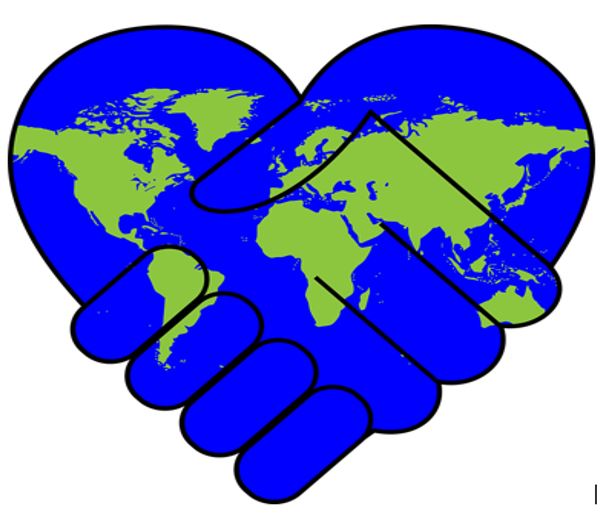
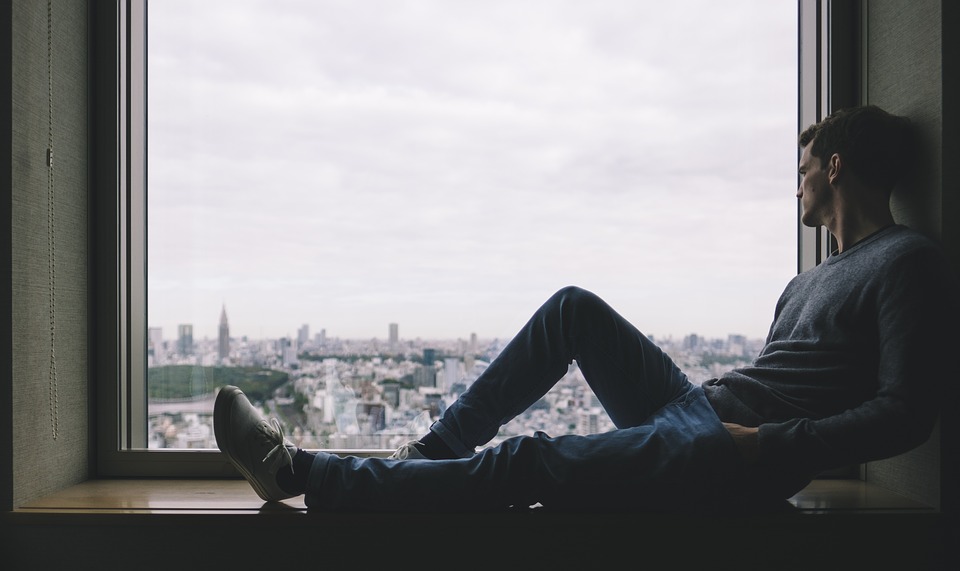

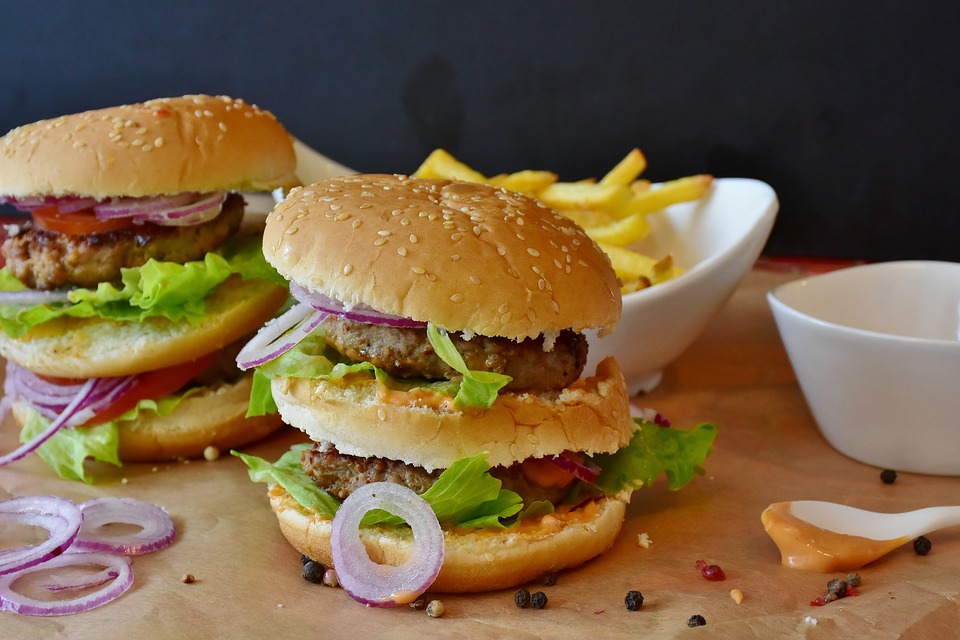

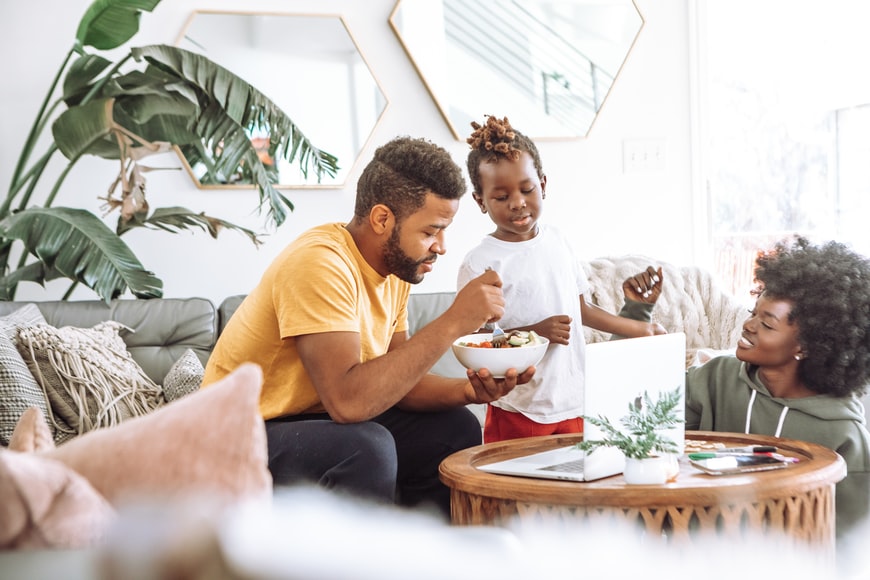
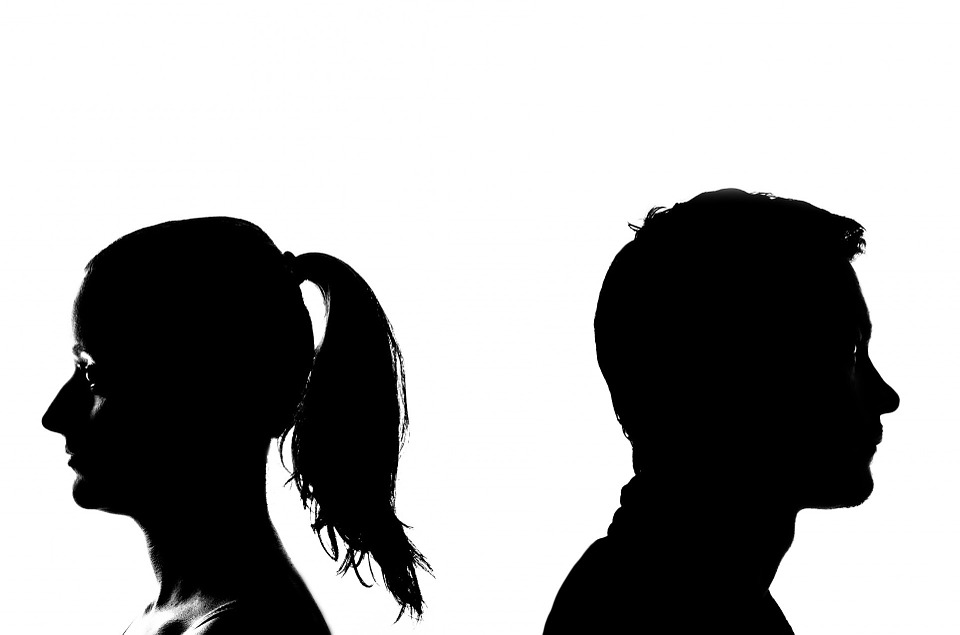



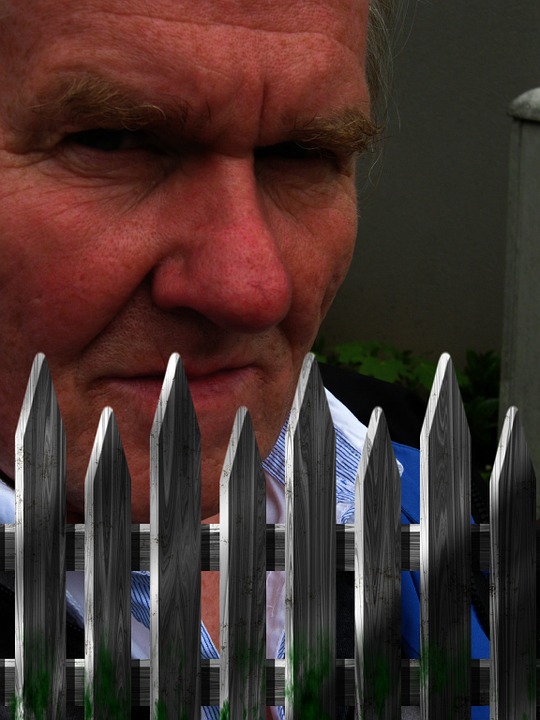

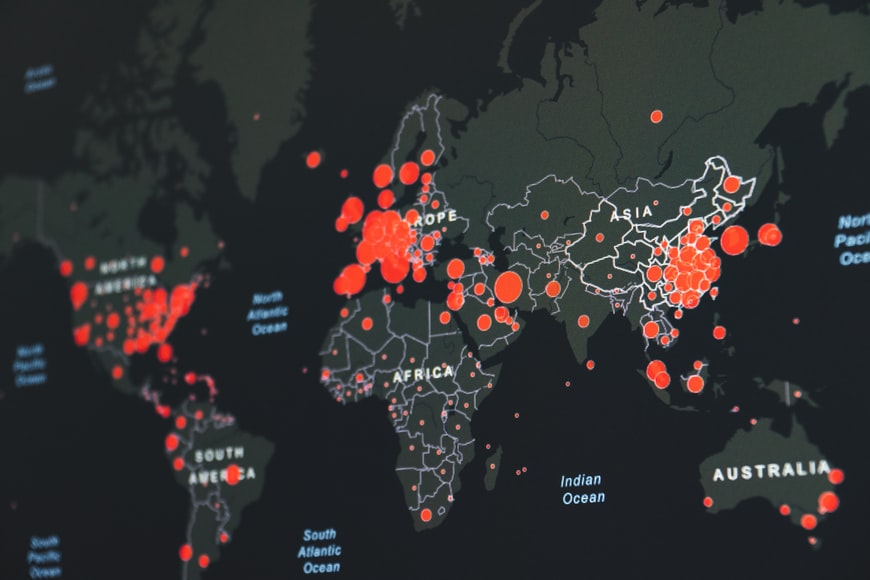

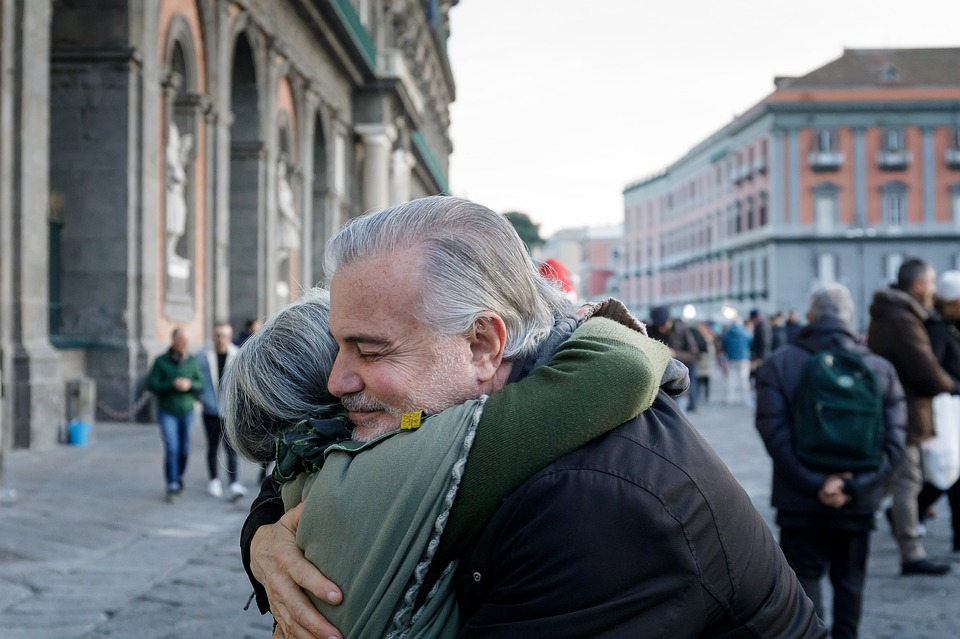
All the things I’ve been pondering with the stats to back them up. Yes, what the world needs now is love. I fear it may be too late to turn it around. Thank you for taking the time to write and research this thoughtful piece.
LikeLiked by 1 person
Thanks for your support, Lori. All my life, I’ve asked myself what might have happened, how many millions of lives might have been saved, if only the the multitude of “ordinary” Germans who weren’t Brown-Shirt Hitler fanatics had not turned their backs, had instead stood up against the fascists and their brutality. As the famous quote goes, “The only thing necessary for the triumph of evil is for good men to do nothing.”
LikeLiked by 1 person
Superb essay. I’m going to send it to a bunch of people.
LikeLiked by 1 person
Thanks, Neil. I really appreciate the support.
LikeLiked by 1 person
Great piece, Amy! You hit the nail on the head. I admire your understanding of what is going on in the world and I admire your ability to put it into words – so thoughtful and coherent!
LikeLiked by 1 person
Wonderful to see you here again, Rachel, and thanks for your kind support. Keep fighting the good fight.
LikeLike
It has always astounded me that the human race has the ability to give a good life to everyone, yet we choose not to. As animals at the top of the food chain, we’ve evolved as violent competitive creatures. Such a lost opportunity.
LikeLiked by 1 person
EXACTLY! In the same vein, a couple of lines from one of my favorite Jackson Browne songs (Say It Isn’t True):
“You would think with all of the genius
And the brilliance of these times
We might find a higher purpose
And a better use of mind.”
Thanks for taking the time to read and comment. I appreciate it.
LikeLike
This post should be required reading for the entire world, but especially for the haters and deniers in our own country. With your usual eloquence and humor, you have managed to cover the waterfront from individual love to divisiveness through isolation to the pernicious effects of climate change on our lives and personalities, including both innocent persons and the monstrously greedy. Excellent work. Keep observing, thinking, and writing.
LikeLiked by 1 person
Thanks for your unending support and encouragement. As for “keep observing, thinking, writing,” well you know for me that’s like saying keep breathing LOL
LikeLiked by 1 person
Beautifully written well shared 👌🎉☺💕
LikeLiked by 1 person
Thanks, Priti, for taking the time to read and comment. Stay well.
LikeLike
I loved this post. Thank you for sharing it.
LikeLiked by 1 person
Thanks, Lydia. So glad you enjoyed it.
LikeLike
This post articulates and clarifies all the things that have been on my mind. It’s a sorry state of affairs, isn’t it?! I agree with you that love is the answer. I’m just not confident that it will happen. Thanks for sharing, Amy!
LikeLiked by 1 person
First of all, Cindy, my apologies. I somehow missed the notice that you had commented here, but you know I always appreciate your responses. It IS really hard, at the moment, to believe we will steer a better course on all of the troubles facing humanity, but I know we CAN, and as a writer, it seems important to provide a cheering squad. Go humanity! 👍
LikeLiked by 1 person